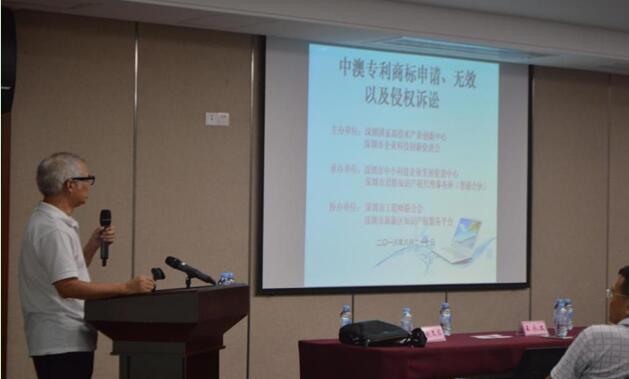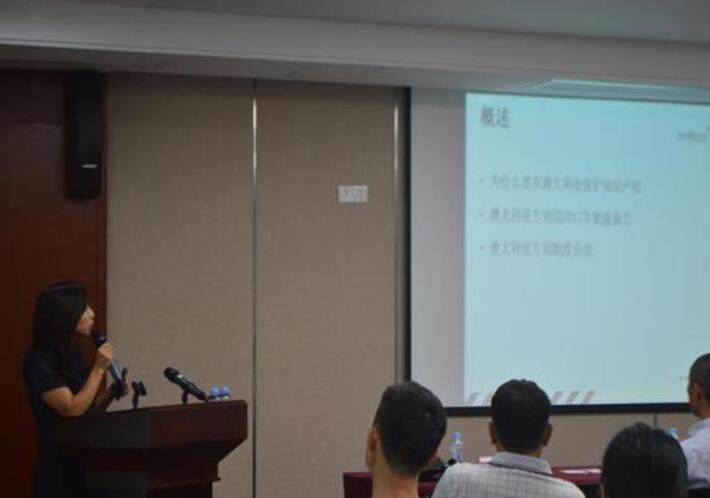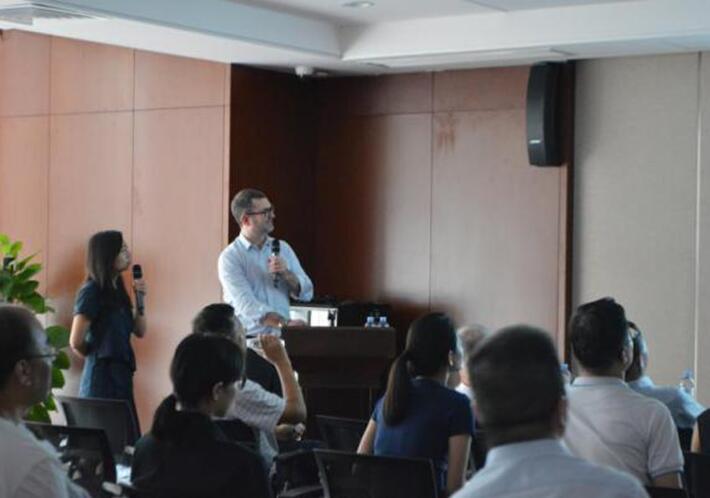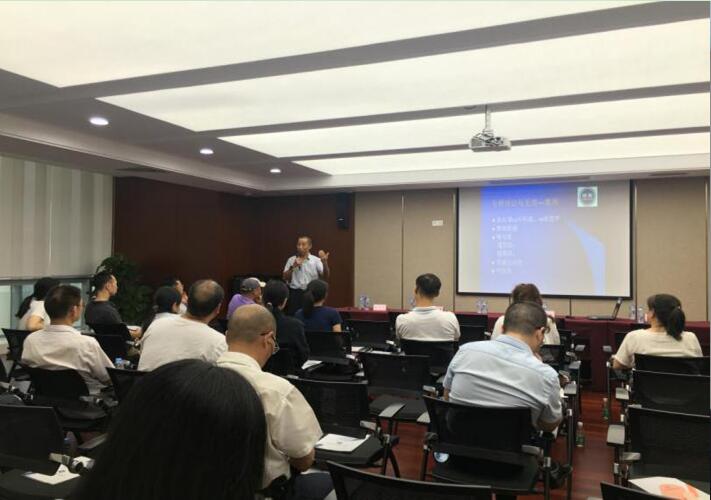News
Shenzhen :+86 755-26406581
Hongkong:00852-26720559
Foshan :+86 757-86319673
A Lecture about Australian Patents and Trademarks

On August 27, 2018, Shenzhen Small and Medium Enterprises Development and Promotion Center (SZSME) and Johnson IP held a lecture about Australian Patents and Trademarks.

Lawyer Bu, Rongli

Dr. Anthony
In this lecture, we invited Australian Lawyer Dr. Anthony, Lawyer Bu Rongli, and Yongwen Wang, one of Johnson IP’s Partners as speakers.
Dr. Anthony and Lawyer Bu gave a brief introduction of Australian patents, trademarks and features about Australia patent system. According to Anthony’s speech, Australia allows a pre-grant opposition procedure for the third party, which is significantly different from Chinese patent system.
Our IP Attorney, Yongwen Wang, gave a speech on invalidation and litigation of Chinese patents. He mainly talked about litigation methods that could be used by plaintiffs and defendants, and he believed that different litigation methods could lead to different results. As for plaintiff, it’s hard to regularize evidence. As for defendant, common ways to counterplead are having non-infringement, current technology, legal source and priority right counterplead. Furthermore, the defendant can also take a step to invalidate the competitor’s patent right. There are several reasons to raise an invalidation, such as utility models or inventions being not novelty, inventive or industrial, without filing security examination when filing patent application in other countries via Paris Convention way, incompletion, unclearness or irrealization of application body etc.

Lawyer, Wang Yongwen
Speakers also had a warm interaction with the audience. “Australia has an excellent patent system and high granted rates of patents” Bu said, “this is the reason why an increasing number of Chinese applicants is willing to seek for IP protection in Australia.” As for Chinese patent system, Wang believed the system will be more optimized and the examination will become more rigorous.



